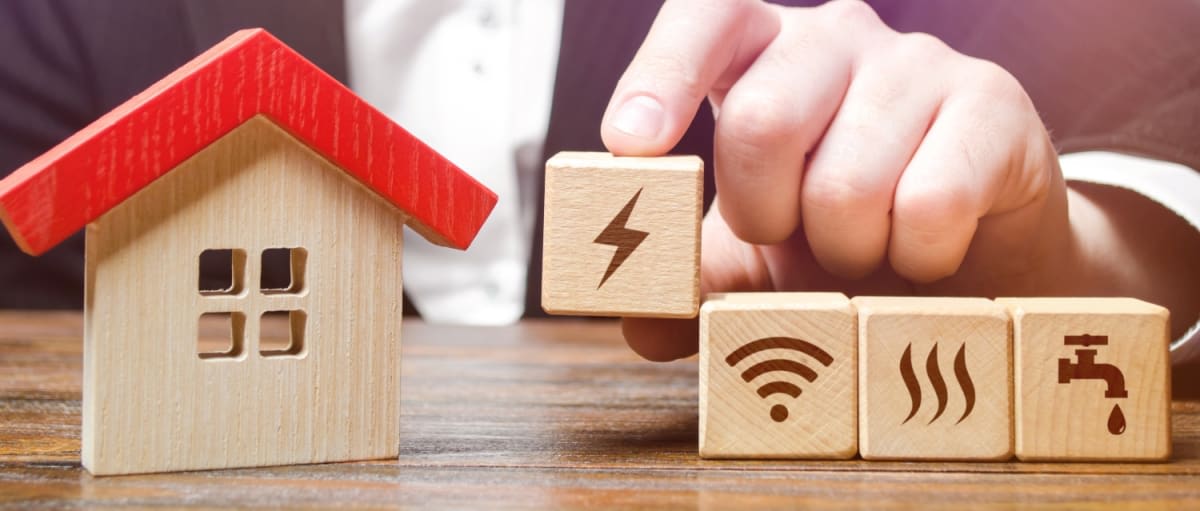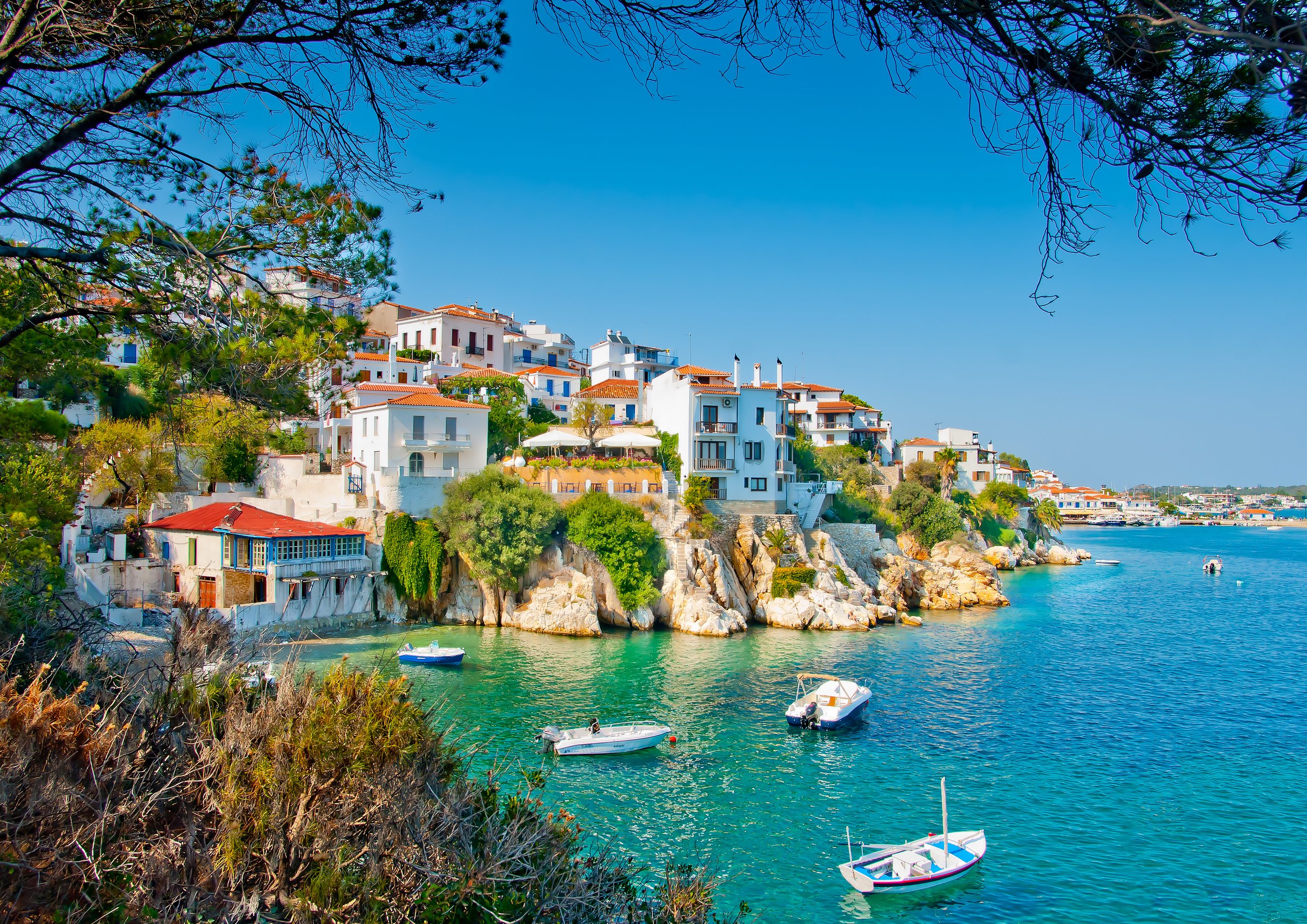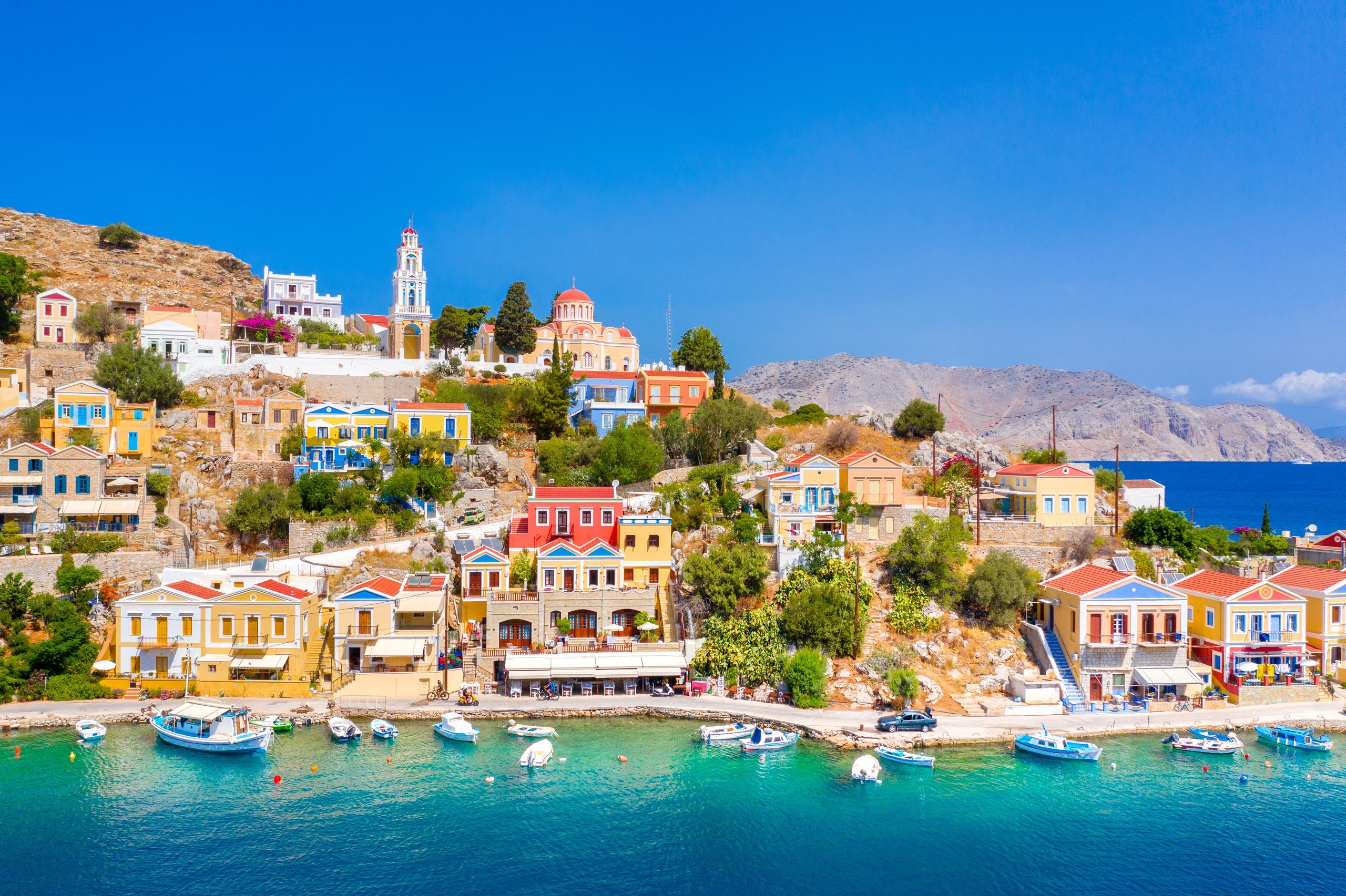Sorting out electricity, water, internet and TV in Greece doesn’t have to be stressful. Here’s how to get connected quickly and avoid delays.
When you get the keys to your Greek home, one of the first practical jobs is putting the utilities into your name. From electricity and water to internet and TV, each service has its own process and paperwork. While you can pay a lawyer’s office to do it all for you, many buyers choose to handle it themselves – it’s straightforward once you know which documents to bring and where to go. This guide takes you through the essentials so you can enjoy life in your new home without worrying about bills piling up.
Download the Greece Buying Guide
Electricity
In Greece you choose a supplier for your electricity (for example PPC/ΔΕΗ) and sign a supply contract in your name. Bring your passport, property purchase or rental contract and the meter or previous bill details. A current Electrical Installation Declaration (ΥΔΕ) may be requested for older properties – a licensed electrician can organise this for around €150-€200. Once your contract is set up, the grid operator HEDNO (ΔΕΔΔΗΕ) handles metering and activations, while you pay your supplier. Most people manage everything online and set up direct debit or card payments for bills.
Greek electricity bills include both your energy charges and local community charges. You can see a line-by-line breakdown in your provider’s bill guide and compare current tariffs on the government price comparison portal.
Water
Water is supplied by regional or municipal companies. In Athens and Attica this is EYDAP; in Thessaloniki it’s EYATH; elsewhere it’s your local DEYA. To put the account in your name, bring your passport, sale or rental contract and the previous bill or supply number. You can register an online account to view and pay bills, set up e-billing and update your details. Meters are read periodically, so you may see a standing-charge bill followed by a catch-up bill based on actual use.
Landline, internet and mobile
COSMOTE, Vodafone and Nova are the main nationwide providers for fixed lines and broadband. You can order by phone or online, then visit a store to present ID and sign the agreement. Package choices span basic internet to bundles with TV. For mobile, you can buy a pay-as-you-go SIM with ID or take a contract if you have local proof of address and AFM (Greece tax number). English-language support is widely available online and via call centres.
Handy setup table
| Utility | Who you register with | Billing cycle and notes |
|---|---|---|
| Electricity | An electricity supplier (e.g. PPC/ΔΕΗ); meter and activation by HEDNO | Bills are typically issued bi-monthly; include energy use and local community charges |
| Water | Your regional or municipal company (e.g. EYDAP in Athens, EYATH in Thessaloniki) | Usually quarterly; may have just the standing charge followed by the actual bill |
| Landline & internet | Telecom provider (e.g. COSMOTE, Vodafone, Nova) | Commonly billed every two months; bundles available; passport/ID and address required |
Television
Greece has free-to-air terrestrial channels, with many films broadcast in English. Subscription TV is available through providers such as Nova and COSMOTE TV, often as part of a broadband bundle. Many households stream UK and international services over home internet.
FAQs
Choose a supplier and sign a contract in your name using your passport and property documents. Your supplier will coordinate meter activation with HEDNO. Set up direct debit or pay online through your supplier account.
Yes. Water is metered and billed by your regional or municipal company. Billing is usually quarterly, but can be bi-monthly depending on the provider.
Greece uses 230V at 50Hz with Type C and Type F sockets. If you’re coming from the UK or most of Europe you typically only need a plug adapter, not a voltage converter. Devices from 110-120V countries may require a converter unless they’re dual-voltage.
You might also like:









